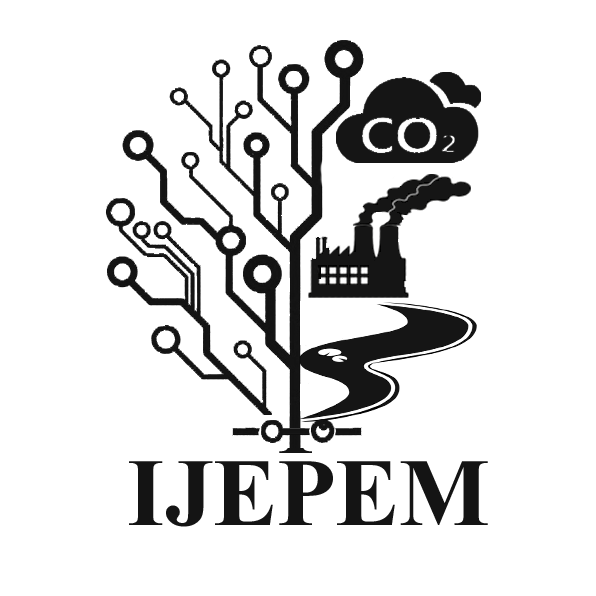
International Journal of Environmental Pollution and Environmental Modelling
Yazarlar: Mohamed SABER, Essam HOB ALLAH, Soad EL-ASHRY, Alaa ZAGHLOUL
Konular:Çevre Bilimleri
Anahtar Kelimeler:Distribution,PTE's,Remediation techniques,Sewaged soils
Özet: The aim of this work is to measure in field experiment the distribution of potential toxic elements PTE's Cu, Ni and Zn in sewaged soil after application of chemical remediation technique represented by probentonite, bioremediation technique as thiobacillus thiooxidant, Mycorrhyzal (AM) conidia, and mixture of this treatments (PBC) applied before the plantation of Canola (Brassica Napus, L.), Indian Mustard (Brassica juncea Czern.) and Black nightshade (Solanum nigrum L) as a hyper accumulated plants. The obtained results showed that phytoremediation technique applied individually increased the readily available form after remediation arranged as canola> black nightshade> Indian mustard, meanwhile the application of Probentonite with phyto-accumulation plants increased the residual form in soil system. In the case of bioremediation materials applied, data showed decreasing in both readily and hardly available forms with margin increasing in moderately available forms. The final conclusion of this work documented as the application of PCB technique could be the best management practices in minimizing Zn equivalent to the save level. Different mechanisms of the remediation materials actions were discussed.